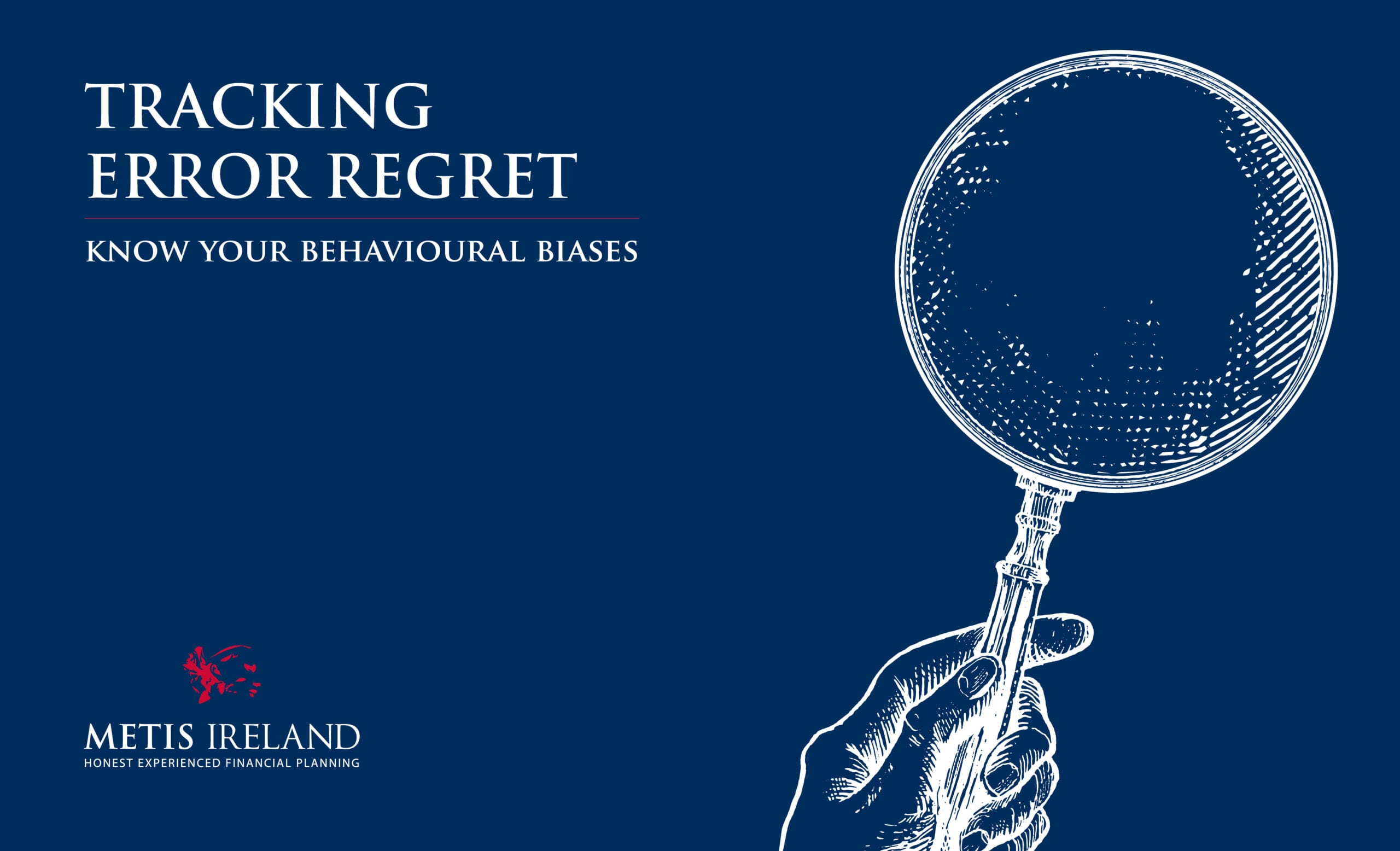Over the last few months we’ve looked closely at all the different ways our brains try to help us get through life, but end up stepping on our toes when it comes to investment. The purpose of this series has been to show you that while you can’t avoid these quirks (after all, they’ve developed over millions of years in the human psyche) you can at least be informed and spot them at work.
If you’ve found the articles interesting and you’ve been comparing the behaviours we’ve highlighted to your own tendencies, that’s great, it’s good to have a benchmark and hopefully you’ve learned something about yourself. The thing is, benchmarks have to be relevant, so the last behavioural bias we’ll look at is ‘tracking error regret’.
Financially speaking, if you’re going to start comparing things, they need to be like for like. Here’s why…
#Winning
If you’ve ever decided the grass is greener on the other side, you’ve experienced tracking error regret – that gnawing envy you feel when you compare yourself to external standards and you wish you were more like them. To be completely honest, if you’ve ever used social media, you’ve almost certainly felt this way as you scroll through everyone else’s amazing lives on a Monday morning.
But after a coffee and a pep talk, we generally remind ourselves that social media doesn’t give us the full picture. First, the truth is probably being massaged a little and second, we’re seeing someone’s impressive breakfast on a balcony, but we don’t know the complete circumstances of their life. So we smarten up, count our blessings and move on. We’re good at understanding that in some ways people have it better, and in other ways, not so much.
When is it helpful?
Comparing our performance to others can actually be really helpful – professionally, in terms of a hobby or interest, or if we’re training for an event. Say, for example, you’re a professional athlete and you’ve been repeatedly losing to your peers. You may be prompted to embrace a new fitness programme, rethink your equipment, or otherwise try to improve your game. That makes sense – you’re trying to be good at a particular thing, but other, similar people, are doing the same thing better than you. That’s a valid comparison and acting on it is completely normal.
When is it harmful?
So far the comparisons we’ve looked at are healthy and sensible, but as always, things go a little south when it comes to investment. If you’ve structured your investment portfolio to reflect your goals and risk tolerances, it’s important to remember that your near-term results may march out of step with ‘typical’ returns … by design. Investing is a long-term game with ups and downs and it’s crucial to keep your focus on that long-term horizon rather than being distracted by glittering prizes or unnerving threats along the way. It can be deeply damaging to your long-range plans if you compare your own performance to irrelevant, apples-to-oranges benchmarks such as the general market, the latest popular trends, or your neighbour’s seemingly greener financial grass. The only benchmarks that really matter are the strategy you’re following, your own progress against it and the goals you’ve set for yourself.
Keep bias at bay
It’s surprising how hard it can be to simply let things be. Knowing why we react in the ways we do is the first step to avoiding the counterintuitive actions that can damage what we set out to achieve with our investments.
You can download Making Better Decisions: Know Your Behavioural Biases in full today.
Carl Widger
Co-Founder & Director
Email: cwidger@metisireland.ie
Disclaimer
Metis Ireland Financial Planning Ltd t/a Metis Ireland is regulated by the Central Bank of Ireland.
All content provided in these blog posts is intended for information purposes only and should not be interpreted as financial advice. You should always engage the services of a fully qualified financial adviser before entering any financial contract. Metis Ireland Financial Planning Ltd t/a Metis Ireland will not be held responsible for any actions taken as a result of reading these blog posts.





